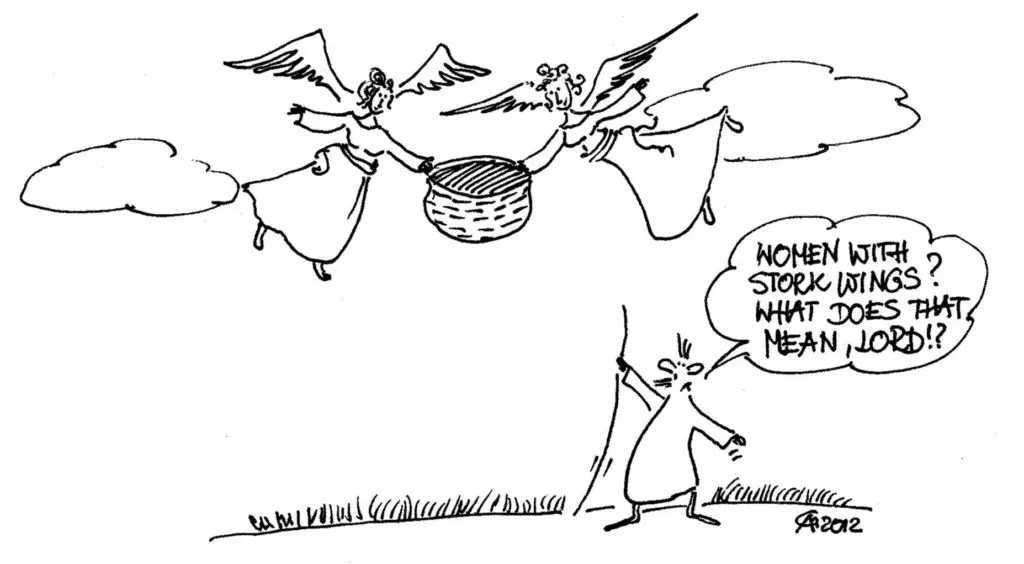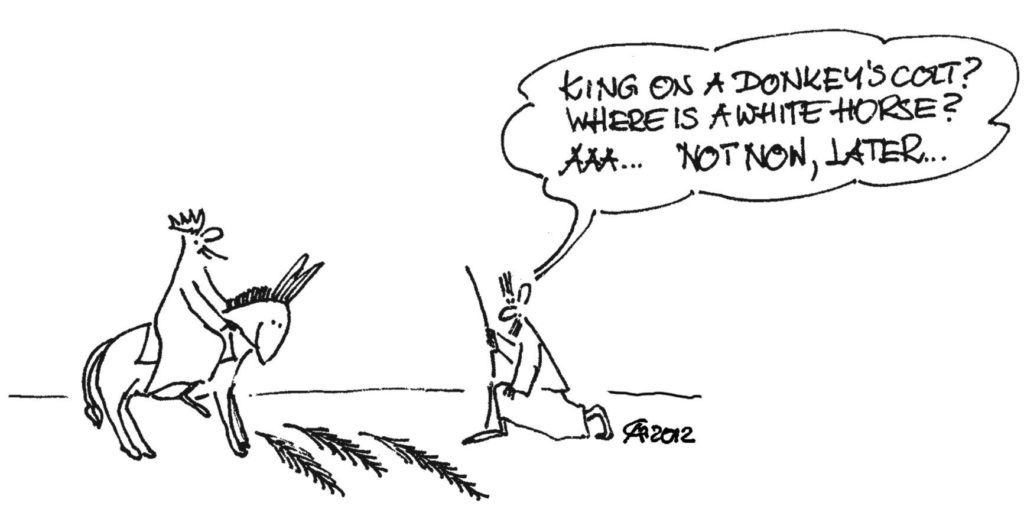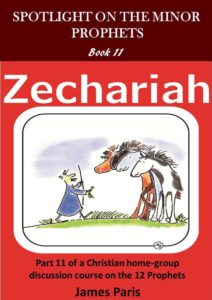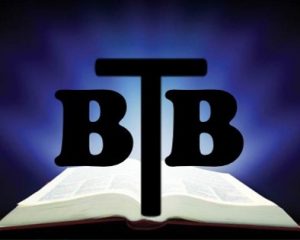The Historical Setting Of The Prophet Zechariah
Zechariah began his work two months after his contemporary Haggai according to Zech 1:1. This would place him about November 520 BC.
Background lesson is basically the same as Haggai inasmuch as they both came down to Jerusalem with the first post exilic exiles in 536 BC. After a decree in 538 from King Cyrus who overthrew Babylon in 539.
In the same way that the Lord through Jeremiah warned them of their soon coming 70 year captivity at the hands of the Babylonians. (Jer 25:7-12)
This event (the return) had been prophesised by Isaiah over 150 years earlier. (1saiah 44:24 – 45:7)
We now have the situation where Judah had been conquered 70 years earlier and taken into captivity by the Babylonians. Unlike the northern kingdom of Israel which had been taken captive by the Assyrians in 722 BC; they were settled en-mass by the Chebar river which is one reason that they were still a cohesive unit at the time of Cyrus decree. (The other being an act of God as described in Isaiah 44)
Now the Jews were to return home, however Judah was already occupied by a mixture of those who had been left behind in the exodus of 597 BC. And other groups who had in turn escaped the turmoil in their own lands to the North.
This “collective of the dispossessed” would eventually become known as the Samaritans who would become a proverbial ‘thorn in the flesh’ to the post exilic Israelites.
In 538 Cyrus issued a decree allowing the Jews to return to their homeland.
For more historical detail cf. the prophet Haggai.
The Book Of Zechariah
What’s in a name? Zechariah means “Yahweh has Remembered”
It is a theophoric name, the ending –iah being a short Hebrew form for the Tetragrammaton. (YHWH)
Zech was himself of priestly extraction. Zech. 1:1 indicates he was the son of Berechiah and the grandson of Iddo. Iddo was one of the priests who returned to Jerusalem in the group led by Zerubbabel (Neh. 12:4, 16; Ezra 5:1; 6:14).
The book of Zechariah is possibly the most symbolic of all the Minor Prophets, with perhaps only the book of Revelations in the New Testament with as much symbolism as Zechariah. From flying Scrolls to golden lampstands, and flying Angels with wings like storks – The Lord spoke to Zechariah in visions and symbols that defied the Prophets understanding.
Zechariah’s solution to this was simply to ask the question’s – and The lord answered.
In fact, in the first 6 chapters Zechariah asks no less than 10 questions regarding the visions that God was showing him. With each and every one of them, he was given an answer to clarify the vision.

Main theme – The Coming Messiah.
No other prophet with the exception of Isaiah spoke more about the Messiah than Zechariah. The book is predominantly Apocalyptic and Eschatological and through his prophesies he manages to put a real awareness and eagerness into the hearts of the people with his messages of Messianic hope.
He portrays Christ in his two advents ; one as the suffering servant and the other as coming King.

Prophesies include:
- The Angel of the Lord — 3:1
- The Righteous Branch — 3:8; 6:12-13
- The King/Priest – 6:13
- The humble King — 9:9-10
- The cornerstone, tent peg, & bow of battle — 10:4
- The Good Shepherd who is rejected & sold for 30 shekels of silver, the price of a slave — 11:4-13
- The pierced one — 12:10
- The cleansing fountain — 13:1
- The smitten Shepherd who is abandoned — 13:7
- The coming Judge & righteous King — chapter 14
There are also Comparisons with the book of Revelations:
- The two olive trees — Zech. 4:3f; Rev. 11:4
- The lampstand & seven eyes — Zech. 4:2-10; Rev. 1:12f
- The four horsemen — Zech. 6:1-8; Rev. 6:1-8
Jesus himself makes mention of Zechariah. In Matthew 23:35 and Luke 11:51 Jesus speaks of “Zechariah, the son of Berechiah” who was “murdered between the temple and the altar.”.
Angels, Visions and End Times play a major role in his writings, much more so than in any other book, and apocalyptic writing is given centre stage.
Applications for Today
I believe the main thrust of Zechariah’s message-the coming of the Lord-is what should drive us today, even more so than it drove the Israelites in Zechariah’s time.

The message of the new testament is crammed full of passages relating to the return of Christ in Power and Glory. The ‘Suffering servant’ has been and gone, we now await his return as the coming Judge and Righteous King (ch:14).
Eschatology – the study of the end times – is a subject that is by and large ignored today and yet the early church thought of little else. As a result the church grew at an exponential rate. This anticipation made a fertile bed for Paul and the early Apostles to sow the seed of the Gospel into.
Were they wrong to think this?
Well even during the time of the Apostles some were questioning this ‘imminent’ return. The Apostle Peter answered this in 2 Peter 3: 3-9 (Read).
It is not for us to know the day or hour of his return – Jesus words – (Matt 24;36. 25:13 mark 13:32) but we should be “looking for and hastening the coming of the day of God,”( 2 Peter 3:12)
This is our Eternal Hope ! We should be more aware that we are only Pilgrims on this Earth, and eagerly anticipate the Lords return and our eternal Home.
Many Christians today have a real fear of eschatology, and shun the book of Revelations for instance, as an incomprehensible and frightening piece of literature best ignored!
Nothing could be further from the truth. The Bible is clear that one day the end of this world will come – and it won’t be pretty!
We are told to make the world aware of this – and what must be done to prevent, not the end of the World, but the grisly end of the individual who does not know Jesus as their saviour.
Another top lesson to learn from Zechariah, is never be afraid to ask questions of The Lord. This is not the same as questioning God – far from it!

If we are confused in anyway about what The Lord desires of us, or what our next steps should be; then it is good and proper to come to The Lord and simply ask!
Remember that “The Lord has not given us a spirit of timidity, but of power and love and discipline” 2 Tim 1:7
Also, Hebrews 4:16 “Let us approach the throne with boldness..”
Whether The Lord is speaking to you in dreams and visions, or indeed through the words within the scriptures; it is not unusual to get confused sometimes regarding the message – as in the case of Zechariah. What this book teaches us through Zechariah’s example, is that it is ok to ask God for clarification, and indeed to expect The Lord to graciously make things a bit clearer for our little peanut brains to grasp!
Question 1: What do you think of Armageddon, or the end times – will it be in your lifetime?
Question 2: When was the last time you heard a message preached on the ‘End Times’, and would you like to hear more?

